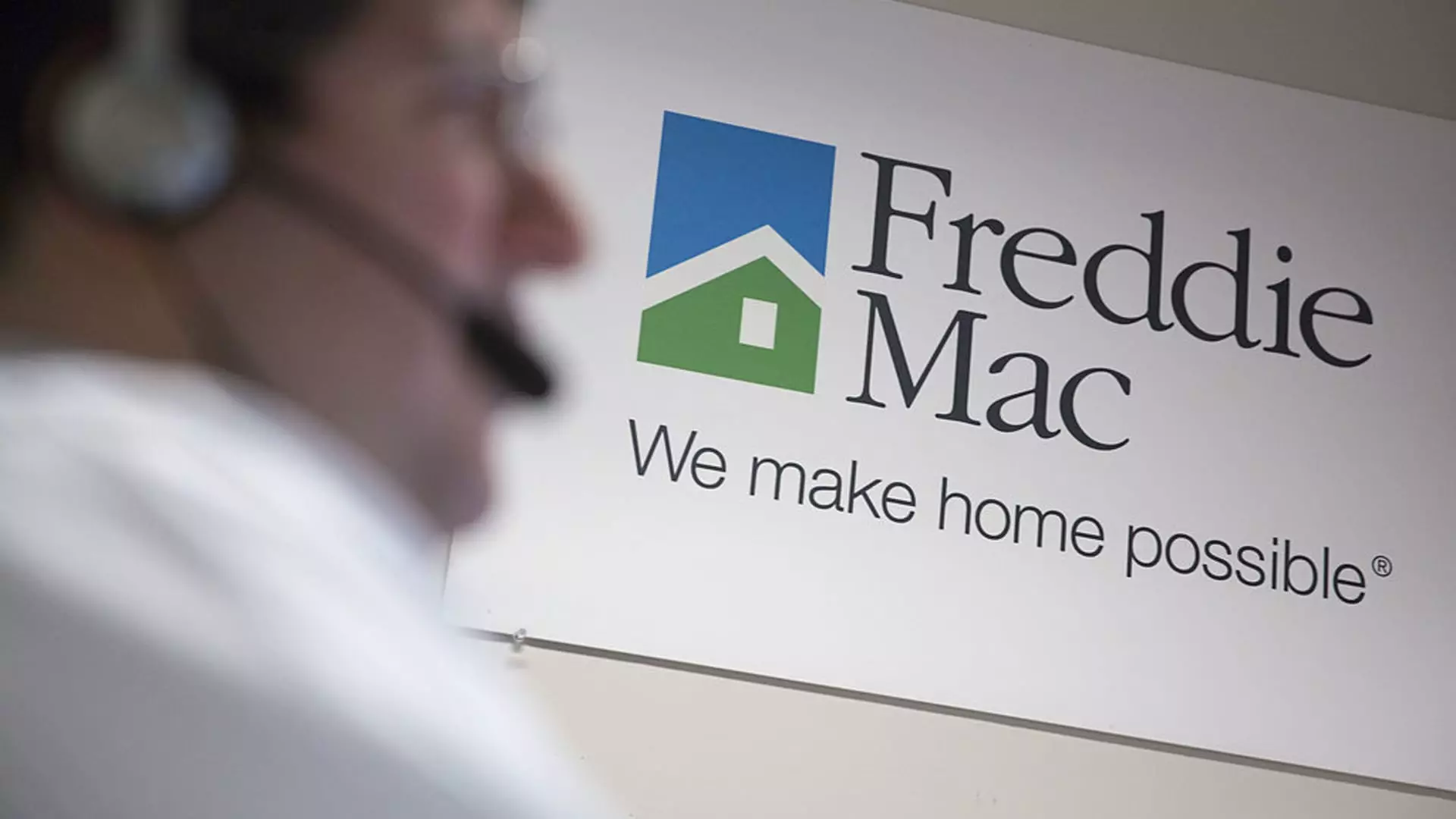The U.S. mortgage market has been significantly impacted by the roles of Fannie Mae and Freddie Mac, two governmental entities that have shaped the landscape of home financing. Since their conservatorship began in 2008, there has been an ongoing debate regarding their future. With rising economic optimism under the current administration, questions arise about the responsibilities of these government-sponsored enterprises (GSEs) and their effect on taxpayers and the broader housing market.
The financial instability of 2008 led to the federal government stepping in to conserve Fannie Mae and Freddie Mac amid the cascading foreclosures that gripped the nation. At the height of the crisis, nearly four million homes were lost to foreclosure, a staggering loss prompted by the financial failures that seized the mortgage market. During this tumultuous period, the Treasury Department provided substantial support to both GSEs, extending credit lines totaling $200 billion to stabilize them. Critics of the government’s actions argue that this intervention was a necessary evil but at the potential expense of future financial prudence.
The long-term consequences of this conservatorship have not been insignificant. With taxpayers footing the bill during the bailout, the concern remained whether Fannie Mae and Freddie Mac could effectively return to their original roles in the market without the inherent risk factors that led to their previous downfall. These financial giants were expected to serve as a robust mechanism to prevent future crises by mitigating risks for investors while still providing affordable access to mortgages.
As discussions about privatization surface once again, expert opinions significantly diverge on whether returning Fannie Mae and Freddie Mac to private markets would yield more favorable conditions for the mortgage industry. Former Federal Housing Finance Agency director Mark Calabria has expressed optimism that the end of conservatorship wouldn’t necessarily lead to increased mortgage rates, speculating instead that it could strengthen the market overall. Such views are essential to consider, especially when mortgage rates could potentially soar 60 to 90 basis points without government backing—an alarming figure that points toward the critical role Fannie Mae and Freddie Mac still play.
Proponents of privatization argue that limiting government involvement may allow for more innovation in mortgage products, potentially easing access for borrowers and creating a healthier competitive market. The argument hinges on the belief that a resilient mortgage finance system can exist without the influence of governmental oversight, thereby reducing dependency on taxpayer funding during future downturns.
Looking ahead, the future of Fannie Mae and Freddie Mac will largely depend on two factors: the willingness of lawmakers to enact substantive reform and the broader economic climate. As the housing market engages in economic recovery post-COVID-19, there will be continued scrutiny regarding the budgetary implications of the GSEs’ operations. Key stakeholders must ask if these companies can exist as entities that enhance the stability of the market while serving the public interest without excessive reliance on taxpayer support.
Moreover, the conversation must extend beyond mere privatization or perpetuation of conservatorship. It must involve developing robust risk management strategies that can withstand future financial upheavals. The potential for greater resilience lies in building a framework that ensures affordable lower mortgage rates while holding these firms accountable for maintaining high capital levels.
Fannie Mae and Freddie Mac remain vital to the U.S. mortgage ecosystem even after more than a decade in conservatorship. As policymakers consider pathways forward, from increased privatization to enhanced governmental oversight, it is imperative to engage in a holistic conversation that considers risks, rewards, and the long-term sustainability of the housing finance system. The goal should not solely be to escape conservatorship but to develop a well-structured, accountable, and resilient mortgage market that stands the test of time and fulfills the aspirations of countless American homeowners. Ultimately, the significance of these decisions cannot be overstated, as they will shape the future of affordable housing in the United States for generations to come.

